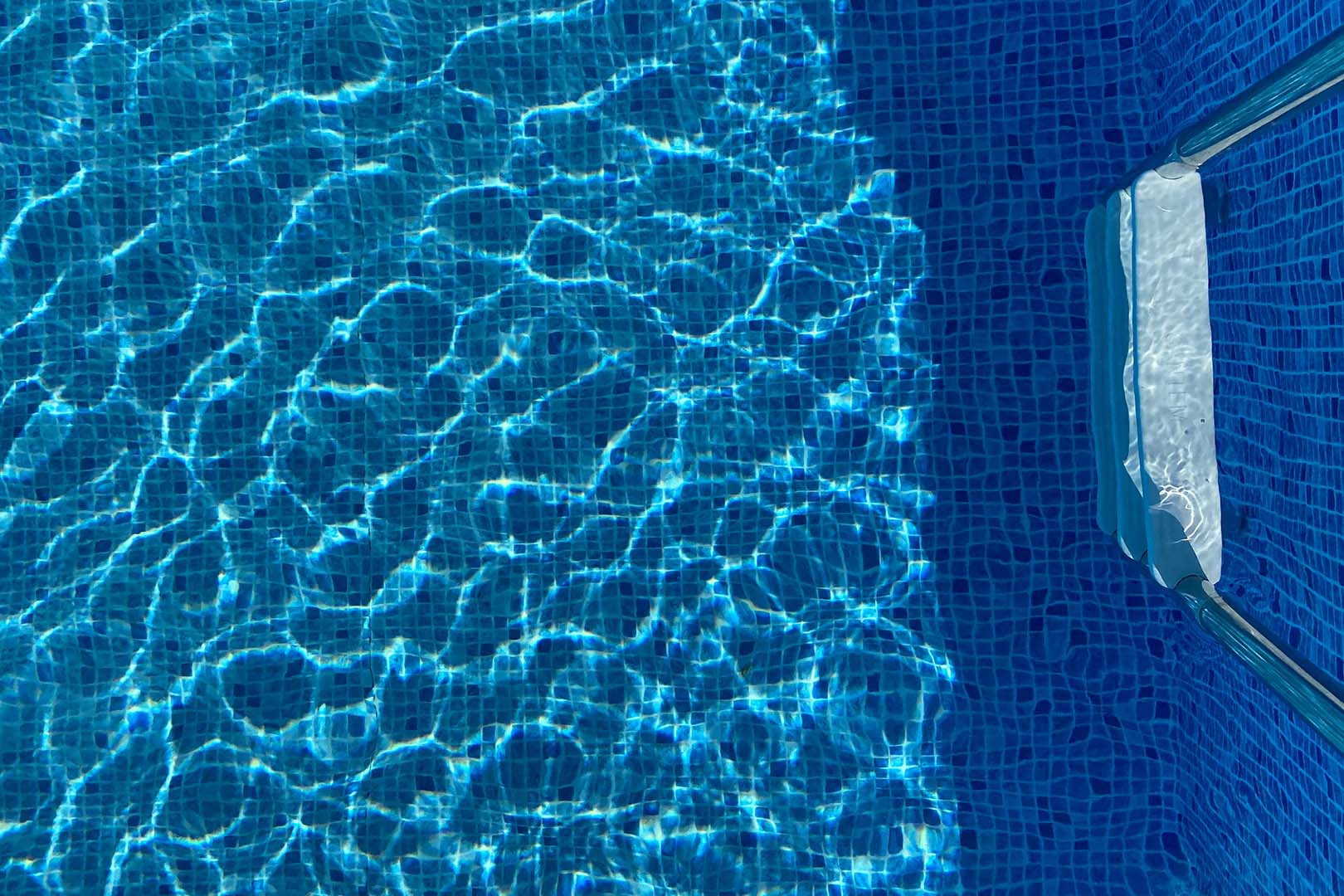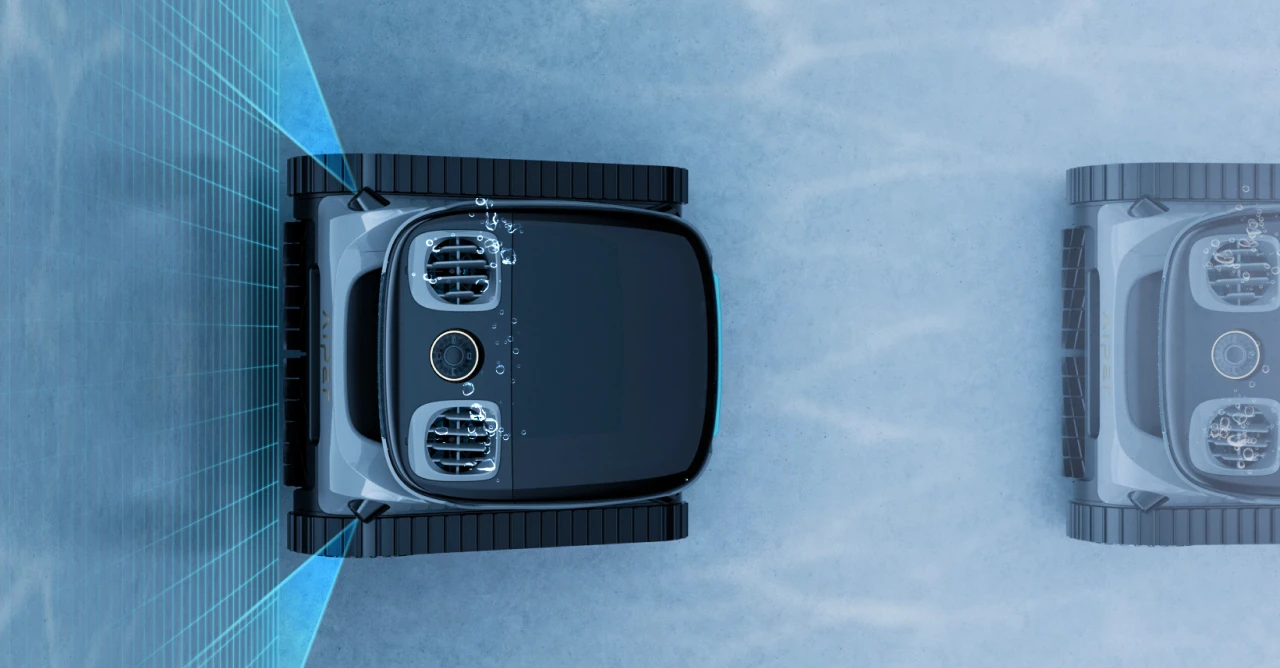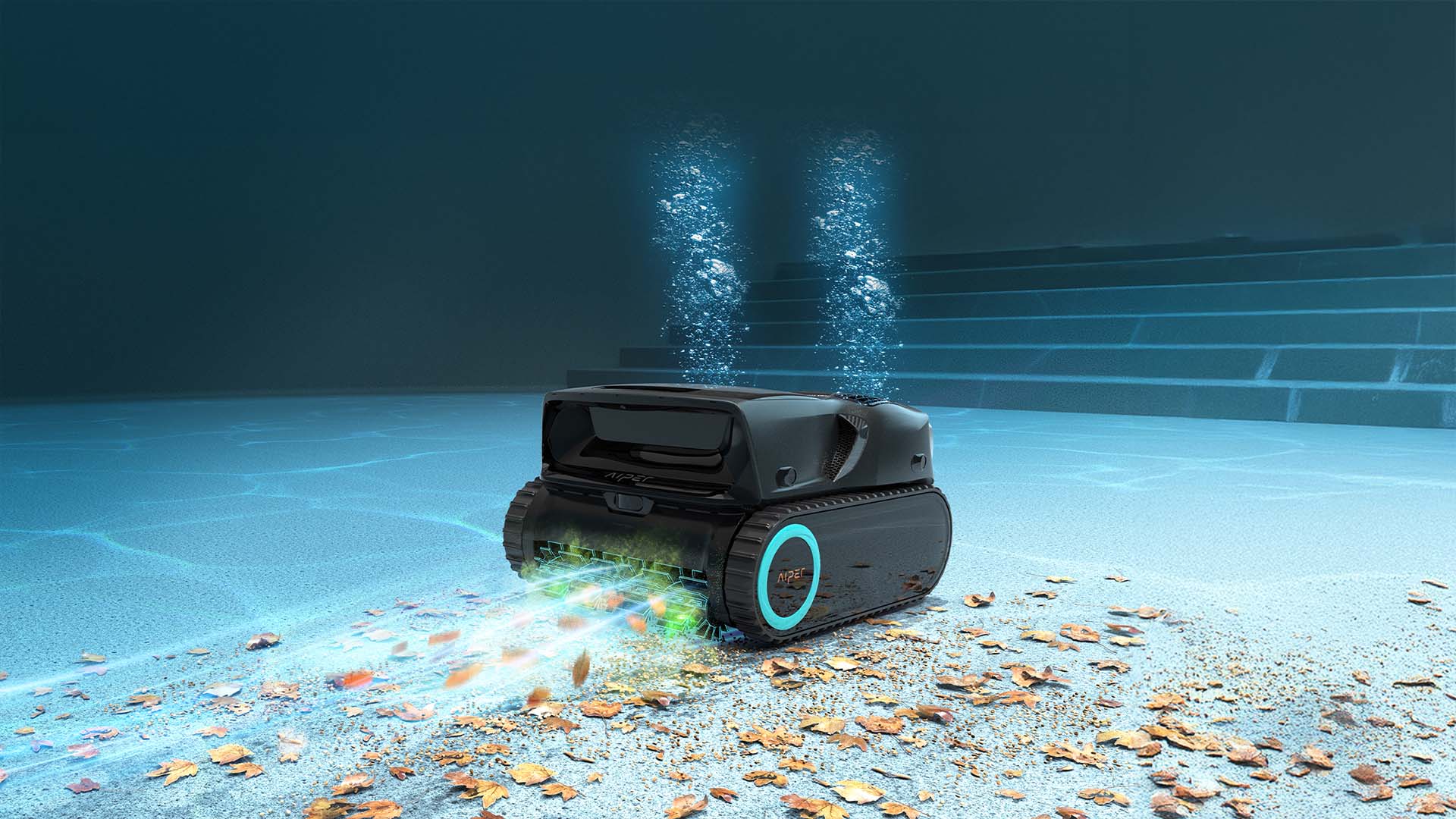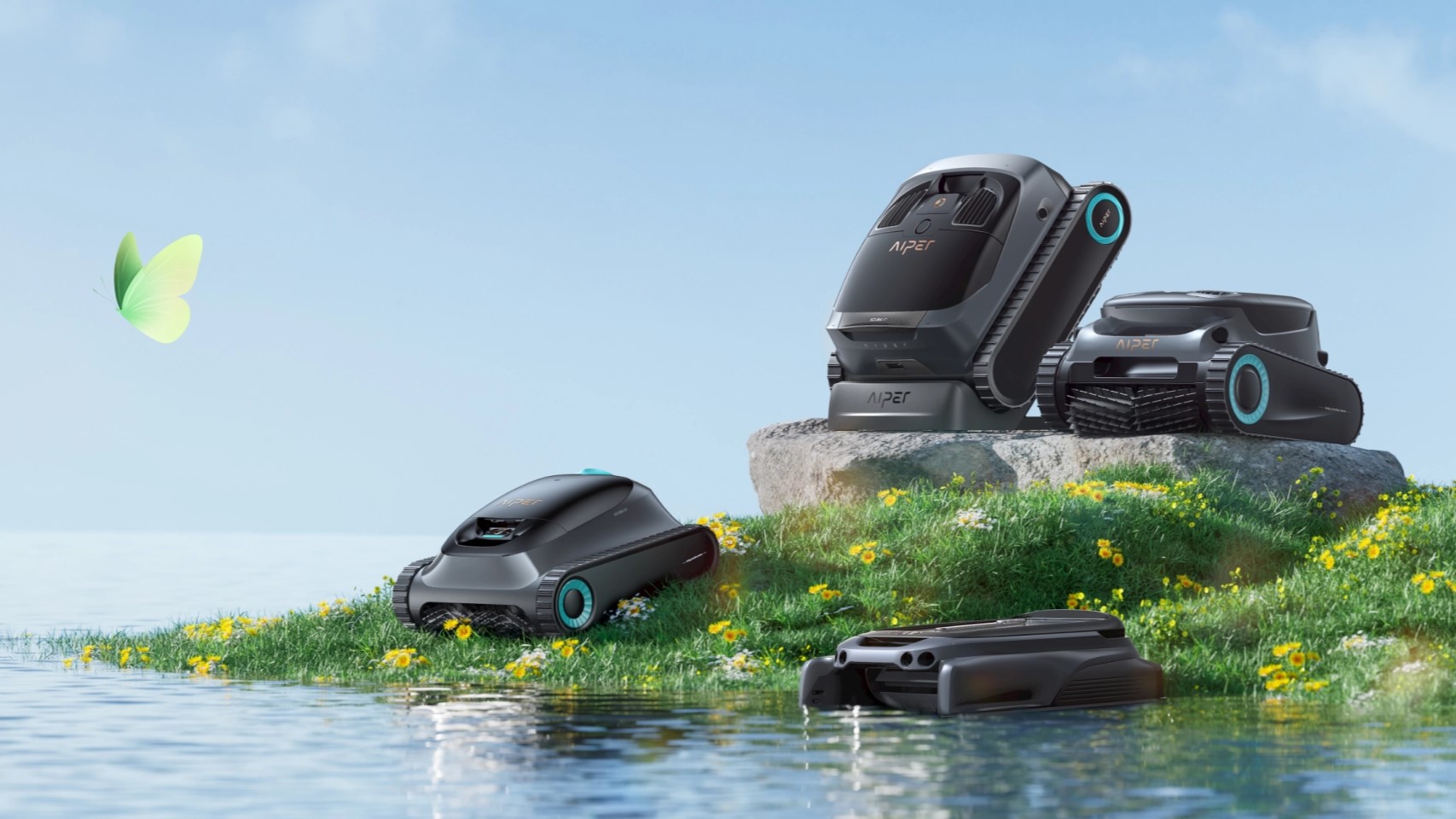
How to Do a Bucket Test for Pool Leaks: Step-by-Step Guide to Detect Water Loss
Have you noticed your pool water dropping whenever you go out for a swim? Are you unsure if it’s a leak or merely evaporation? Well,
Subscribe Now to Get AUD $15 Off Coupon

Are you tired of your robotic pool cleaner moving sluggishly, leaving behind traces of debris? What could be frustrating than getting ready for a swim and spotting a half-cleaned pool? Well, with proper robotic pool cleaner maintenance, your pool cleaner’s performance can improve, resulting in a crystal-clear pool. So, if you are wondering how to clean a robotic pool cleaner step by step, this guide is for you. You will also learn exciting bonus tips to maintain your Aiper robotic pool cleaners.
In This Blog, You’ll Read
Cleaning your robotic pool cleaner regularly helps keep your pool clean and debris-free. A fully functional pool cleaner ensures your pool sparkles all year round. Maintaining your pool cleaner also prevents breakdowns and cleaning problems. If your cleaner leaves behind dirt or does a bad job removing debris, it’s time to inspect it.
Cleaning your robotic pool cleaner isn’t a hassle. Follow the step-by-step approach below if you are wondering how to clean the pool cleaner correctly.
Switch off and unplug your pool cleaner before taking it out of the pool. This prevents shocks and keeps you safe.
Remove the filter or debris bag, dump the junk in a bin, and rinse it. Then, use a hose to clean the filter bag properly.
Your pool cleaner’s brushes often accumulate hair or algae. Use a hose or your hands to free them up. If they are detachable, rinse them thoroughly with water.
Suction ports often clog. Use a small brush to nudge out debris. Avoid nudging out anything, as this may damage your cleaner.
Wipe the pool cleaner’s gunk with a damp cloth and mild soap. Use a gentle cleaner, and avoid using harsh chemicals.
Air dry the cleaner before tucking it away. This prevents mold formation and rust from damaging your cleaner.
Aiper pool cleaners such as the Aiper Seagull Pro or the Scuba S1, are renowned globally for their impressive cleaning capabilities and cordless designs, allowing pool owners to relax and mind their business while the cleaners do their job.
If you own any Aiper pool cleaner, these tips are for you.
Many pool cleaner owners often do common mistakes that do more harm than good. Avoid using bleach to clean your pool cleaner as it may damage it. Also, many tend to skip drying their cleaner. This then leads to mold or rust which further damages the cleaner.
Ignoring such mistakes can mess up the cleaner or void warranties, so it is essential to be cautious and clean the pool cleaner correctly.
It is not difficult to clean a pool cleaner. Proper and systematic steps such as unplugging, removing the filter, washing with some mild detergents, and drying the cleaner thoroughly before storing it will surely enhance the life and durability of the pool cleaner. The Aiper pool cleaners will be maintained by cleaning the bristles and checking the sensors. For effective results, you must make cleaning a regular habit. If you have any robotic pool cleaner maintenance tricks, share them in the comments below. Also, let us know if you have any questions.

Have you noticed your pool water dropping whenever you go out for a swim? Are you unsure if it’s a leak or merely evaporation? Well,

Are you tired of leaves littering up your pool every time you step out for a swim? The daily struggle of skimming leaves and cleaning

Imagine your pool buzzing with your friends having fun, laughter echoing around your backyard, and having the time of their lives. Want to make it

Spring is here, and it’s time to refresh your pool! Get that cover off and start cleaning your pool to enjoy upcoming fun-filled days. But

Imagine your pool surrounded by lush green trees, sparkling vividly and perfectly popping with beautiful landscaping, giving a natural vibe. Sounds relaxing, right? This blog
Aiper 2025. All Rights Reserved